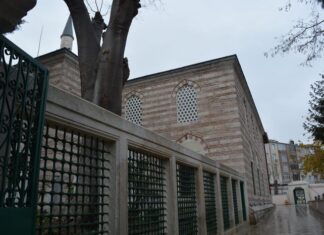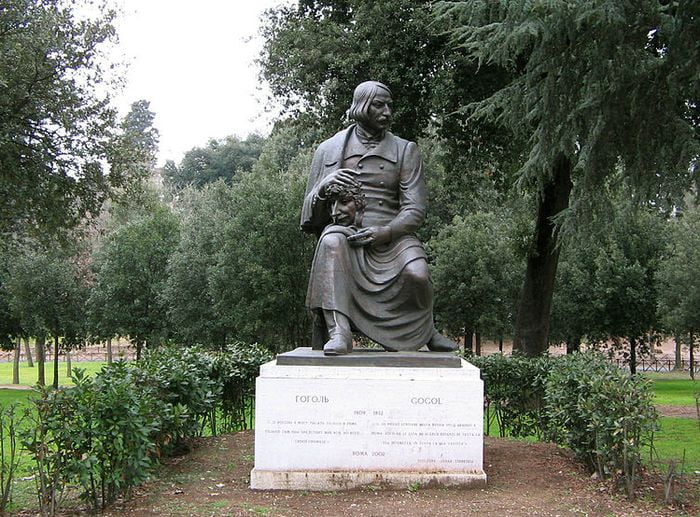His men dispersed in various directions to seek water when a native said to them, “You see the island there, Ithaca. On that a large town was built long ago called Jerusalem, and now it has fallen into ruins from age; in that town there was a spring whose water was always fit for drinking and very cold.” Robert was overcome with fear on hearing this for by connecting Ather and the town of Jerusalem he understood that his death was imminent. For many years before some soothsayers had prophesied to him the kind of thing flatterers are wont to tell princes, As far as Ather you shall bring all countries under your sway, but from there you shall depart for Jerusalem and pay your debt to nature.”
Whether the fever killed him or whether he died of pleurisy, I have no means of saying for certain. At all events he died in six days. His wife Gaïta reached him just in time to see him die and his son weeping over him. News of this calamity was, then sent to the son whom Robert in his lifetime had already designated heir to his dukedom. On hearing the sad tidings he was overcome at first by uncontrollable grief, but soon summoning reason to his aid and collecting himself, he sent for all his followers and, whilst weeping inconsolably for his father, he told them what had happened, and then made them take the oath of allegiance to himself.
Brothers had been buried
Next he crossed with them all to Apulia. During the crossing he was caught in such a severe storm, although it was summer, that some of the ships were wrecked, and others dashed on the shore and beaten to pieces. The ship carrying the corpse was also half wrecked and the crew only just managed to save the coffin, and convey it safely to Venusia. Robert was buried in the old monastery dedicated to the Holy Trinity, where his brothers had been buried before him. Robert died in the twenty-fifth year of his reign as duke and at the age of seventy.
The Emperor, on hearing of Robert’s sudden death, was greatly relieved by having such a burden lifted from his shoulders; and very quickly turned his attention to the Normans who were still in possession of Dyrrachium. He aimed at sowing dissension amongst them by letters and other devices, as he thought that would be the easiest means of regaining the city. He also persuaded the Venetians who happened to be in the capital to advise the Venetians, Amalfians and other foreigners who were in Epidamnus to submit to his will and surrender Dyrrachium to him.
Read More about Norman West part 17








